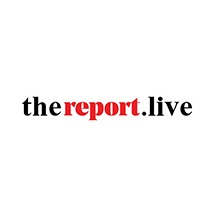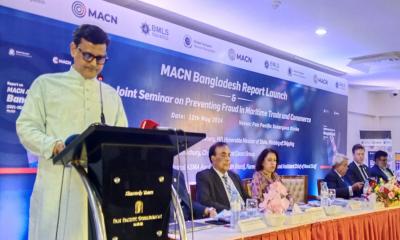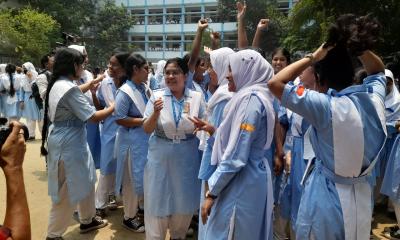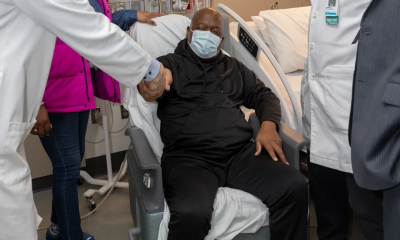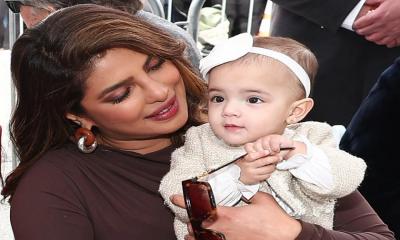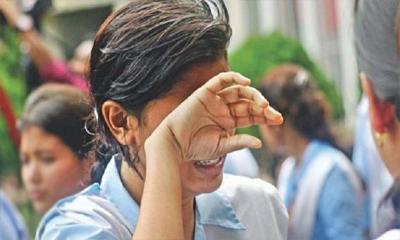The US has offered to hold a summit between Joe Biden and Vladimir Putin as a last-ditch effort to stop the slide to a new war in Europe, as Russia continued to build up its forces along the Ukraine border and announced new naval exercises in the Black Sea.
The US secretary of state, Antony Blinken, said Washington and its allies were also ready to respond in writing next week to Russian demands on the future of Nato and European security, which Moscow has said must be addressed to avoid it taking “military measures”. But, speaking in Geneva where he held talks with his Russian counterpart Sergei Lavrov, Blinken repeated the US and Nato position there could still be no compromise on the central issue of the right of Ukraine and other countries to join Nato in the future.
The offer of a summit came as a weeks-long standoff over Ukraine teeters on the cusp of a pivotal and potentially violent phase, with rising concerns that Europe may again be beset by war. As the Geneva talks were under way, Russia ratcheted up the military pressure on Ukraine, announcing major naval exercises that will include 140 ships from all of the country’s fleets and will include drills in the Mediterranean and Black Seas.
Six Russian landing ships have sailed from the Baltic Sea this week and are believed to be on their way toward Ukraine, potentially threatening an amphibious assault on Ukraine’s southern coast if Russia decides to attack.
Ukrainian intelligence accused Russia of recruiting mercenaries to send over the border and of already smuggling in more than 7,000 tons of fuel, several tanks and heavy artillery.
Blinken said the US had given $650m in military assistance and was continuing to supply more defensive equipment. Signalling fears of countries in the region, Estonia, Latvia and Lithuania said on Friday they would send anti-tank and anti-aircraft missiles to allow Ukraine to defend itself, while the Czech government said it was considering Ukraine’s request for ammunition.
The Biden administration continued to insist it was open to negotiation on defusing tensions. In his remarks to the press after meeting Lavrov, Blinken said the exchange had been “frank and substantive” and should lead to further talks, including at the highest level.
“I told him that following the consultations that we’ll have in the coming days with allies and partners, we anticipate that we will be able to share with Russia our concerns and ideas in more detail and in writing next week, and we agreed to further discussions after that,” Blinken said.
“If it proves useful and productive for the two presidents to meet, to talk, to engage, to try to carry things forward, I think we’re fully prepared to do that,” the secretary of state added. “President Biden has met here in Geneva with President Putin. He’s spoken to him on the phone or by videoconference on a number of occasions. And if we conclude, and the Russians conclude, that the best way to resolve things is through further conversation between them. We’re certainly prepared to do that.”
Lavrov called the Geneva talks “constructive and useful”.
“I can’t say whether we are on the right track or not,” the Russian foreign minister told reporters. “We will understand that when we receive the US written response to all of our proposals
British sources indicated that the UK defence secretary, Ben Wallace, is likely to go to Moscow to meet his Russian counterpart Sergei Shoigu for talks on Ukraine and the security situation in Europe in the coming days. It would be the first meeting between British and Russian defence ministers since 2013.
Overnight Shoigu had invited Wallace to the Russian capital, a counter offer to a proposal from the British minister to meet in London. “The defence secretary is glad that Russia has accepted the invitation to talk with his counterpart,” a British source said, acknowledging that the last bilateral had taken place in the UK.
Wallace, the source added, “has been clear that he will explore all avenues to achieve stability and a resolution to the Ukraine crisis. We are in communication with the Russian government”.
Meanwhile, a delegation of British MPs visited the Ukrainian frontline in the east of the country. They came within 100 metres of pro-Russian separatist positions in Avdiyivka, just outside the rebel-held city of Donetsk. The MPs included three Labour and two Tories from the foreign affairs select committee.
Labour’s Chris Bryant said it was clear any Russian attack would meet Ukrainian resistance, adding that he heard “distant volleys of fire” during his trip, which was not publicised for security reasons. “We got the very strong impression an invasion would be massively costly in terms of Russian lives. The Ukrainians seem stoically determined,” he said.
Bryant said Ukrainian military commanders assessed the Kremlin had a four-week window in which to launch a military operation. A full-scale invasion would require Putin to double the 100,000 Russian troops already stationed at Ukraine’s borders, he said.
He added: “As a committee we were completely united in our view that Russian aggression cannot have its day.”
On Friday morning, Russia appeared to toughen its stance ahead of the Geneva talks. Its foreign ministry said Moscow was seeking guarantees from the west that included provisions requiring Nato forces to leave Romania and Bulgaria, countries that joined in 2004.
Nato rejected the demand on Friday, saying the alliance “will not renounce our ability to protect and defend each other”.
“We reject any idea of spheres of influence in Europe,” Oana Lungescu, the Nato spokeswoman, said. “We will always respond to any deterioration of our security environment, including through strengthening our collective defence. Nato is vigilant and continues to assess the need to reinforce the eastern part of our alliance.”
Washington and its allies have repeatedly promised “severe” consequences such as biting economic sanctions – though not military action – against Russia if an invasion were to go ahead by the 100,000 troops who have been positioned near the Ukrainian border for weeks.
Biden caused confusion among his allies just before the Geneva meeting when he hinted that western sanctions would depend on the extent of a Russian invasion. He distinguished between a “minor intrusion” and an invasion, but he has now retracted that remark after an outcry in Kyiv.
Separately, Nato’s secretary-general, Jens Stoltenberg, has invited Russia to attend a second meeting of the Nato-Russia council in which the alliance would put forward detailed plans on confidence-building measures, arms control, including intermediate missiles and cyber warfare.
On Thursday, Liz Truss, the UK foreign secretary, warned Russia that any invasion of Ukraine would only lead to a disaster on the scale of the Soviet-Afghan war. Speaking at the Lowy Institute in Sydney, Australia, Truss framed the conflict in Ukraine as part of a wider dispute between what she saw as liberal states and autocracies, including Russia and China.
She urged Putin to “desist and step back from Ukraine before he makes a massive strategic mistake”. The Kremlin, she said, “has not learned the lessons of history” and an “invasion will only lead to a terrible quagmire and loss of life, as we know from the Soviet-Afghan war and conflict in Chechnya.”

